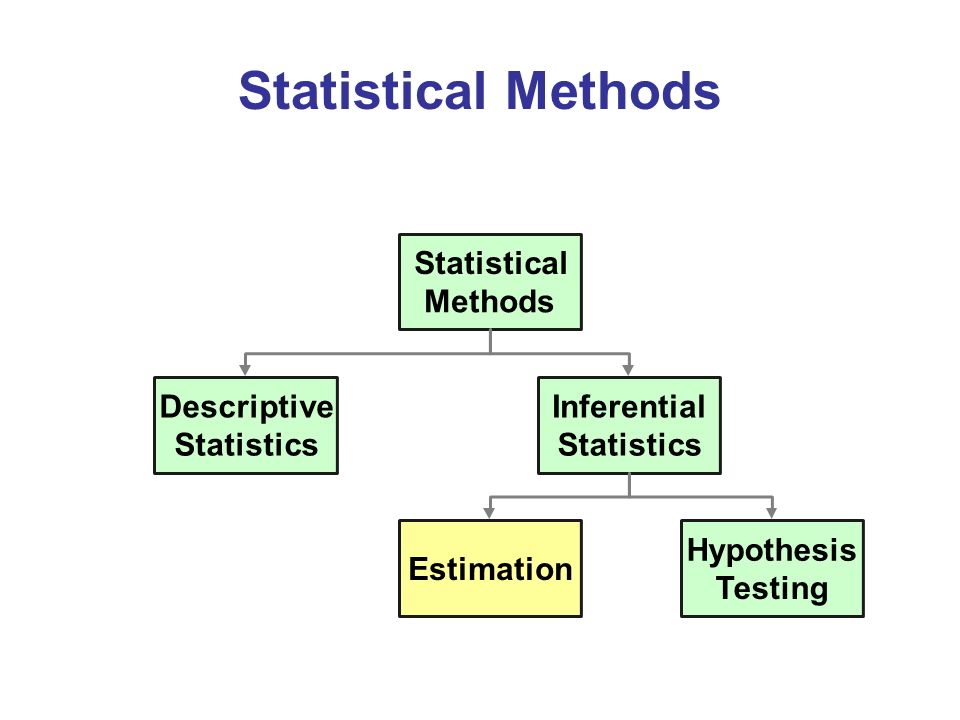One justification for preregistering research hypotheses, methods, and analyses is that it improves the transparent evaluation of the severity of hypothesis tests. In this article, I consider two cases in which preregistration does not improve this evaluation. First, I argue that, although preregistration can facilitate the transparent evaluation of severity in Mayo's error statistical philosophy of science, it does not facilitate this evaluation in Popper's theory-centric philosophy. To illustrate, I show that associated concerns about Type I error rate inflation are only relevant in the error statistical approach and not in a theory-centric approach. Second, I argue that a preregistered test procedure that allows deviations in its implementation does not provide a more transparent evaluation of Mayoian severity than a non-preregistered procedure. In particular, I argue that sample-based validity-enhancing deviations cause an unknown inflation of the test procedure's Type I (familywise) error rate and, consequently, an unknown reduction in its capability to license inferences severely. I conclude that preregistration does not improve the transparent evaluation of severity in Popper's philosophy of science or when deviations are allowed.
翻译:暂无翻译





